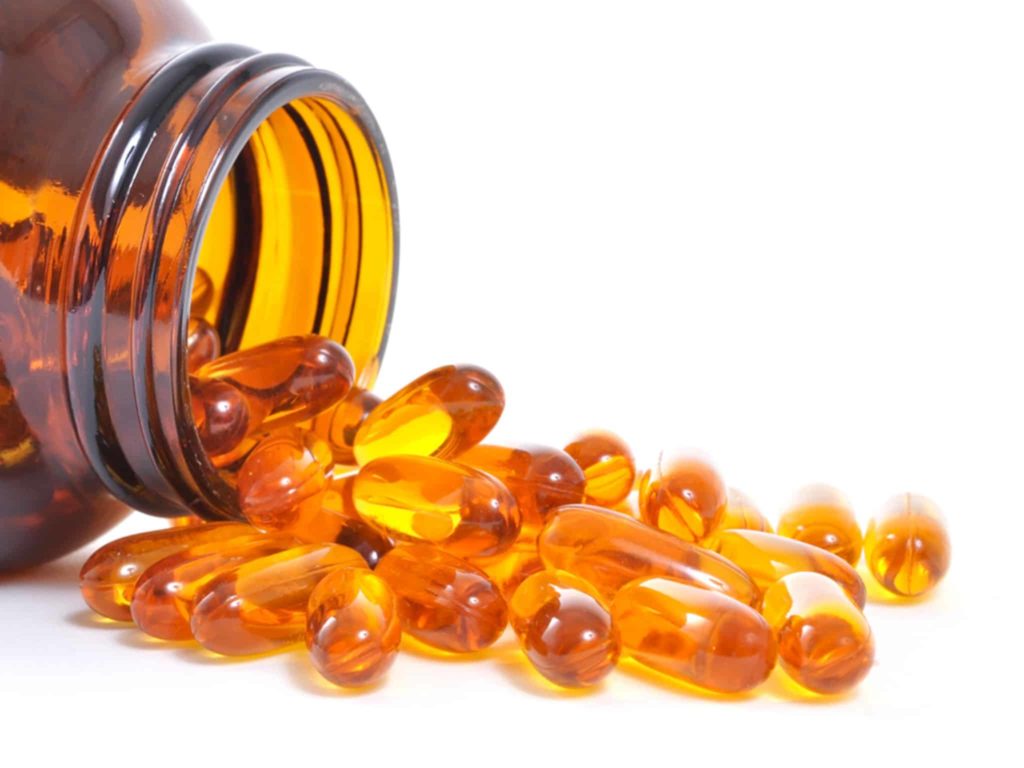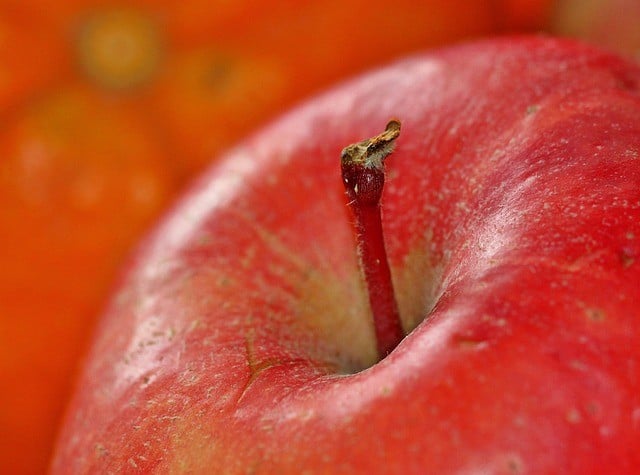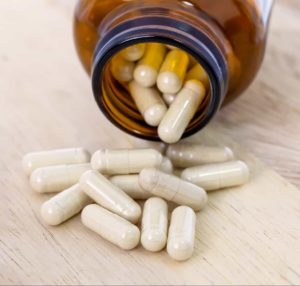
Q. When I saw my doctor for my annual physical, he did a blood test for vitamin D and it came back deficient. Although live in Southern California, I tend to avoid the sun and keep covered when I am out in it. But my daily multivitamin contains 1,000 IU of vitamin D. My doctor recommended adding another 1,000 IU to that. My question is, why didn’t the vitamin D in my multivitamin work?
A. When you are deficient in vitamin D, it can take a surprisingly high dose of oral vitamin D to correct it. (Exposure to sunlight is much more efficient .) My guess is that the 1,000 IU in your multivitamin simply wasn’t enough to dig you out of the hole you’d dug yourself into, thanks to your diligent avoidance of UV rays.
But 2,000 IU may not be enough either. Effective protocols for treating vitamin D deficiency often involve taking 10,000 IU per day for 2-3 months. Fortunately, high doses of vitamin D are quite safe.
Hopefully, your doctor will order another blood test to check your vitamin D levels again before too long. If they haven’t moved (which is fairly likely), he may suggest a higher dose or even give you an injection.
Once you get your vitamin D levels up where they should be, 1,000 to 2000 IU per day should be more than enough to keep you there.






